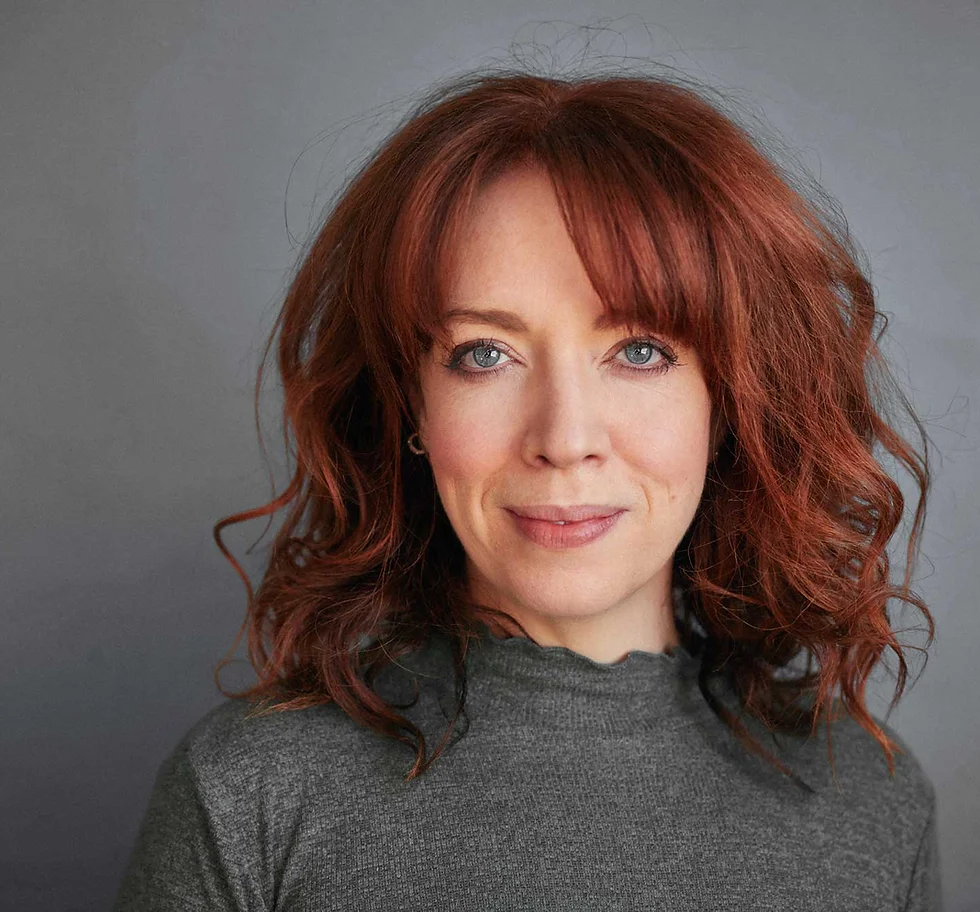
5 minute read
ERIN KELLY
Q: HOW DID YOU GET STARTED IN WRITING CRIME FICTION AND SUSPENSE THRILLERS?
I can’t remember a time when I didn’t write. I think all first novels are a product of the books that we’ve read and loved as much as they the author’s own experiences. I grew up hooked on Patricia Highsmith, Ruth Rendell, Ira Levin and Daphne Du Maurier; characterdriven suspense rich in atmosphere. So it was those authors, rather than a particular genre, I wanted to emulate with my debut The Poison Tree.
Advertisement
Q: WHAT WAS IT LIKE WRITING YOUR LATEST NOVEL, SKELETON KEY?
It was the most joyful, rewarding experience of my career to date. The book is inspired by one of my favourite childhood books, the treasure-hunt phenomenon Masquerade, and I also researched literary treasure hunts, and the people who followed them, through the decades. There were so many interesting stories, so many ways to hide clues, so many different theories out there. A writer’s worst fear is for the tank of inspiration to run dry but I had so much real-world material to work with that the challenge in the end became knowing what to leave out.
Q: HOW DID YOU COME UP WITH THE NAME OF THE TITLE?
It took a while! The working title of the book was The
Golden Bones, the name of the picture book within the novel, but that felt like a kids’ book or maybe fantasy and we didn’t want to give readers the wrong idea. (I would say The Skeleton Key is not appropriate for children but I was reading Stephen King when I was nine so I don’t really have any moral authority here.) We tossed a couple of dozen names around before I came up with The Skeleton Key and it was like trying on the right wedding dress – we all just knew.
Q: WHAT THEMES WILL READERS FIND IN SKELETON KEY?
Treasure hunts of course, and the human inability to resist a quest. My narrator Nell has a foster daughter, and she makes an effort to raise her right, to undo the mistakes of her own upbringing. It’s about what makes a family and whether family should always come first. It’s about perception, too – the way two people can see the same picture or read the same information and come to very different conclusions (this was inspired by the very different ways I saw people respond to the Covid pandemic). The main characters are all artists in one way or another, and it’s about male privilege and women as objects. What does it mean when a woman is painted by a man and her likeness takes on a life of its own?
Q: DO YOU OUTLINE YOUR NOVELS OR JUST DIVE STRAIGHT
INTO WRITING THEM?
A little of both. I have a vague idea of where I want to go, then I write my chapters in sketches, focusing on plot, motivation and character rather than putting in the work at line level. When I have a story – which is not the same as a plot – I then shift my chapters around until I’ve found the most suspenseful way of revealing and withholding the information. Only when everything is in the right order can I move on to my favourite part – polishing the words, setting the story to music.
Q: HOW WOULD YOU DESCRIBE YOUR WRITING STYLE?
I hope I tell a good story with a strong visual, filmic element and I hope there’s something going on at sentence level too. I don’t believe that genre fiction and good writing are exclusive. I think readers want to have their cake and eat it, and I’m happy to provide that.
About Erin Kelly
What if? To a suspense writer, these are the most powerful words in the English language. My job is to imagine a strange situation and ask the question that will make it stranger still. My new book, Stone Mothers, is set a former Victorian mental hospital. I got the idea when a friend who's an urban explorer was in an abandoned asylum and found old patient records. She's a nurse, and knew what to do with this sensitive documents. But I thought: what if they had got into the wrong hands? And my story was born.
I'm best known for He Said/She Said, about a young couple who witness a rape and, after the trial, begin to wonder if they believed the right person. My first novel, The Poison Tree, was a Richard and Judy bestseller and a major ITV drama starring Myanna Buring, Ophelia Lovibond and Matthew Goode. I’ve written four more original psychological thrillers – The Sick Rose, The Burning Air, The Ties That Bind.

I had read scores of psychological thrillers before I heard the term: the books that inspired me to write my own included Endless Night by Agatha Christie, The Secret History by Rebecca by Daphne du Maurier and A Fatal Inversion by Barbara Vine. My books are atmospheric thrillers, always about people trying to atone for, escape, or uncover a past crime. I’m more interested in what happens before the police arrive – if arrive they ever do - than how murder is solved.











